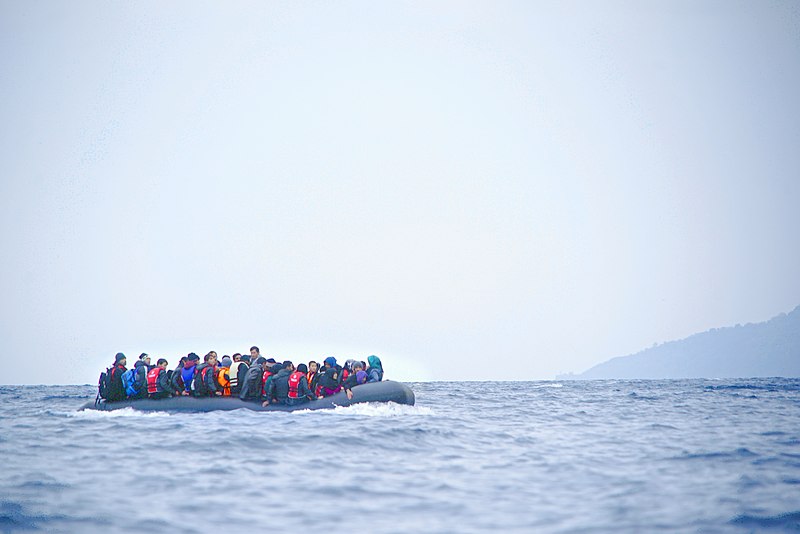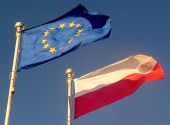
After more than 12 hours of negotiations, European immigration ministers have reached an agreement in Luxembourg on how to handle asylum seekers arriving at the borders of the EU.
Dutch Minister Erik van der Burg described the deal as "a very important step" towards addressing the longstanding issue that has divided the 28-nation bloc since the influx of Syrian refugees in 2015.
Migration is recognized as a shared challenge and responsibility within Europe. Swedish Migration Minister Maria Malmer Stenergard, who hosted the meeting, stated, "Our agreement today is a big leap forward to a fair and sustainable European migration and asylum policy."
One key proposal focuses on dealing with asylum seekers without identity papers and those who are unlikely to qualify for refugee status, including nationals from safe countries like Morocco and Algeria. Initially, Germany expressed concerns about the plan, as it could result in families with children being held in border camps if their asylum claims are unlikely to be approved. However, Germany eventually agreed after assurances were made to prevent the detention of unaccompanied children.
The second proposal aims to distribute asylum seekers more evenly across Europe to alleviate the burden on border countries such as Italy and Greece. Under the agreement, if countries refuse to accept their fair share, they will be required to pay €20,000 per refugee to the countries shouldering most of the responsibility. The Netherlands, for instance, has been assigned a quota of 4.95%.
The final agreement focuses on the repatriation of rejected asylum seekers. Italy, supported by the Netherlands, sought to expand the current regulations, allowing migrants to be sent back to the country where they boarded a boat rather than their home country.
While the plans still need to be debated in the European Parliament before becoming law, this is not expected to occur before 2024. Nevertheless, Dutch correspondent Kysia Hekster describes the agreement as significant for the Netherlands, emphasizing the government's commitment to addressing the refugee influx through a unified European solution.
Dutch Immigration Minister Erik van der Burg hailed the agreement as a crucial step forward, leading to improved procedures for refugee registration and the detention of those with low chances of asylum approval. He also expects the deal to reduce the flow of asylum seekers to the Netherlands, which is projected to exceed 70,000 this year.
D66, a coalition party, expressed its satisfaction with the deal, calling it "extremely good news." ChristenUnie, which aligns with D66 in advocating for a more moderate approach, described the decisions as a "crucial step."
Dutch Prime Minister Mark Rutte is set to participate in talks in Tunisia, joined by European Commission Chairwoman Ursula von der Leyen and Italian Premier Giorgia Meloni. The discussions will focus on establishing a broad partnership between the EU and Tunisia encompassing the economy, energy, and migration. Prime Minister Rutte hopes that an agreement can be reached to process refugee claims in Tunisia and reduce the number of crossings in the Mediterranean Sea by boat. Photo by Mstyslav Chernov/Unframe, Wikimedia commons.



































